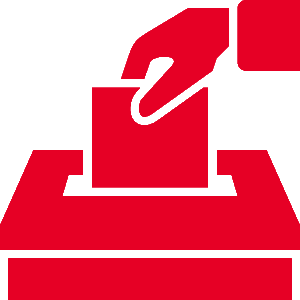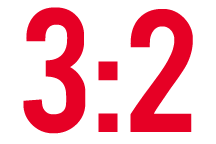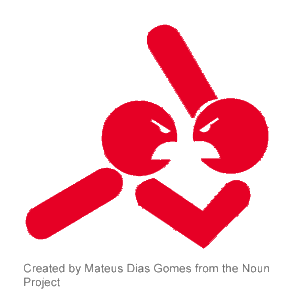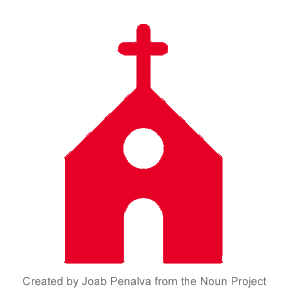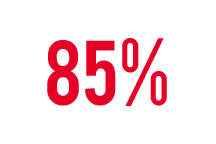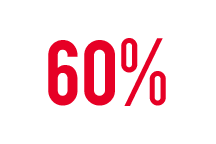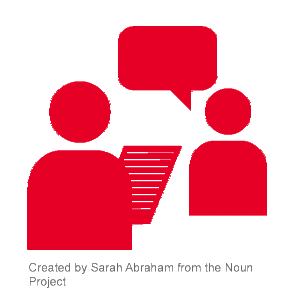
I asked a friend who is familiar with the variety of my writing and creative projects to ask me 10 questions about this project. I liked to be challenged, and he obliged me. Gotta love having great friends!
Terry T: If you allow me to put you in a box for a moment…I would categorize your writings and projects as very race-blind in a very Shonda Rhimes-like way. What made you interested in such a powder keg of an issue as race riots?
Sherlonya: I have to start by saying that I am so honored that you would ever even put me in the same sentence as Ms. Rhimes. As you know, my familiarity with her work was born with the creation of Scandal, and I find her work, and what I have read of her to be very creatively inspiring and interesting.
I have to tell you that in a conversation that I had with another friend about this project, she expressed that she was surprised to see me treat this topic. And, yes, I have avoided such topics because of the powder keg dynamic that you mention. I like calm. I’m not into explosions. As a child, I’d cry at fireworks. All of these things are probably why you asked the question.
I suppose the most direct answer to your question is: Facebook.
I was fascinated by watching a few hundred people react to, or not react to the recent events surrounding, particularly, the recent events in Ferguson. The memes. The articles. The click bait. I watched all of these things swim through my feed and while I saw some people grappling seriously with the current events, I saw very few people trying to decipher the context.
Let me get real for a moment. Most people who are doing deep work to try to understand something aren’t running straight to Facebook to think about the complicated questions or the difficult questions or the layered questions, are they? I’m a nerd, but I know that everyone isn’t a nerd. But some of my favorite nerds were out there thinking away, asking themselves hard questions.
Anyway, watching all of these reactions made me want to look into the topic. If I’m going to invest the time, I might as well share, no?
So, do you want to hear my fake answer?
My fake answer, my slightly disingenuous answer is this: I don’t see this project as very different than my Head of State Cakes project. There I looked at the history of our country through the lens of the men who held the office of president. Here, I look through the history of our country through the lens of mass race-based violence.
It’s sort of the same thing, but it’s not.
Terry T: I’m curious about the history of the word riot and has the definition or the context in which its used, shifted over time?
Sherlonya: Yeah, me too. This is almost like you anticipated some of my first steps in this project. One of the things that I have done was consult the Oxford English Dictionary in order to help me to start to understand a bit more of the context of those words.
Now, that said, I do think that there is a particular thing that comes to mind when one considers race riots. I think that if I could go into many people’s minds and see what they see when they envision race riots, that I would see black people, looting and fires. But, maybe I’m wrong about that. What I do know is that this type of race riot, the type that I think that people see in their minds, is a relatively recent thing. So in that sense, I do think that the context of the word has shifted. Or maybe the thing itself has shifted?
I do know that when we look at some of the earlier race riots, they seem to be, I don’t know, cousins to what we’re seeing today. They favor each other in that destruction follows. In the earlier riots I’ve examined (on the surface) it often looks like blacks were the target of the violence. However, like their more modern cousins, these riots often a common thread of economic strife or a feeling or fear of disenfranchisement.
Terry T: Is there something inherent in the word riot that implies that all participants have to be regular people. For instance does a majority white police force vs majority black protesters qualify as a race riot? Does a slave revolt qualify as a race riot?
Sherlonya: I don’t think so. But maybe this is something that I’ll change my mind about as I become more informed. I do think that there are some other things implied, though, by the word riot. I think that riots are always about other things, something more longstanding, than the inciting incident.
Some of the riots that I have chosen to explore go by other names. For example, there is an event that is called both the Colfax Massacre and the Colfax Riots. I think that this fact, these names, suggest that the question that you’re asking has been around for a while.
I have to be honest with you. It never occurred to me to consider a slave revolt as a race riot. I guess I’m going to have to add that to my list of things to think about. I guess I’ll put that on my list right after lynchings.
Terry T: Does being a mother of black child create a unique experience when researching these stories?
I don’t think so. I do everything as the mother of a black child. Wash my hair. Brush my teeth. Sing Rod Stewart songs in the shower (well, one Rod Stewart song). Bake tribute cupcakes in tribute to the US presidents. Watch Adventure Time. Do pocket scrapbooking. That, mother of a black child, is just is one of the things that I am. However, if this part of my identity did create a unique experience when researching these stories, would I know?
Terry T: What other ethnic groups beside black and whites have been involved in race riots in the US?
Sherlonya : A lot of people. There were some riots that I like to think of as the riots involving white people before they got to be white. There was a lot of nativist or anti-immigrant sentiment during different times in our nation’s history. So there are riots involving the Irish and the Germans. To take this in another direction, out west there have been a number of riots involving the Chinese and I believe other Asian ethnic groups. The Zoot Suit riots, gotta thank The Cherry Poppin’ Daddies for bringing that title to popular culture, involved Mexican Americans. These are the ones that I am aware of. This is not to say that there aren’t more.
Terry T: Does the research you’ve done so far, leave you more optimistic or pessimistic concerning race relations today?
Sherlonya So, here’s the thing. I know that I have many opportunities that, say, my grandparents did not have. That makes me optimistic. I am glad that I live in the time that I live in. I am glad that I live where I live.
Ultimately, at the end of the day, I guess I’m pretty patriotic.
I do think, though, that there are some elements in the conversation about race relations that get…muddy. Emotions are involved. Any time emotions are involved, this get tricky quickly.
Ultimately, at the end of the day, I guess I’ pretty optimistic, too.
This research doesn’t change that. If anything listing closer to 200 incidents than 100 makes me feel like this is just one of those things that happens, and happens. For that reason, it doesn’t do anything to what I think about race relations.
Terry T: What roles do women play in any of the race riots you’ve researched so far?
Sherlonya :Which women?
I know that the inciting incidents for some riots were allegations that a black man raped a white woman. I’ve seen that enough in cursory research that I think it bears mention.
Other than that, I don’t know. I look forward to learning more here.
Terry T: Since segregated living conditions have a long history in this country, did the riots tend to occur in one particular ethnic area over another?
Sherlonya: There are some areas that have suffered riot after riot. Chicago, LA, New York City, Detroit, Cincinnati, New Orleans. These are all paces that seem to take a beating. But that’s not what you’re asking me. I just don’t know yet.
Terry T: Are there instances of race riot causing positive change?
Sherlonya: This one is a difficult question for me just because of where I come from philosophically. I would say not by themselves (from what I know at this early juncture). Some of the black-white violence that took place during the Civil Rights Movement years was very eye-opening to people in the North, and were able to influence politics, but that isn’t because of the violence alone. That is because of television.
Yep, that is a bit of a dodge, but I’ll be in a better position to answer that question later in the process. Talk to me 25-40 riots down the road?
Terry T: I’ve read that after slavery there was concern that the newly freed population would take revenge. Is there any statistical correlation to show evidence that this occurred on any level?
Sherlonya: I don’t know. What I do know is that there were places in the South, the slave states, the rebellion states, whatever you want to call them where black people vastly outnumbered white people. So, statistics or not, it seems that is a reasonable fear, no? Isn’t that why voting districts are redrawn? There’s a fear about what will happen because of demographic changes? What happens when the population shifts? What if they’re voting? Weighing in on lawmaking?
Read More
 Rumors that influenced the outcomes of this event.
Rumors that influenced the outcomes of this event.

